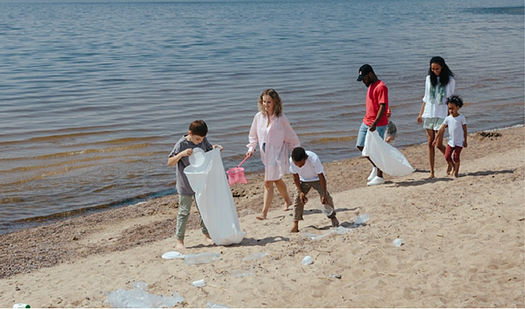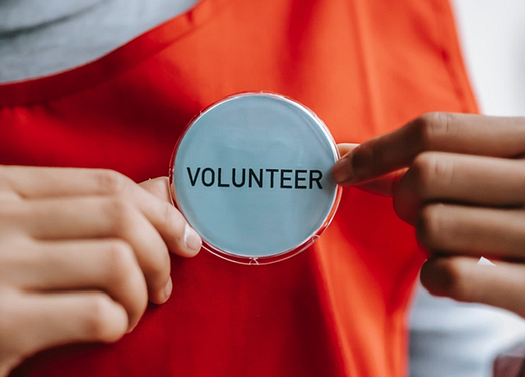Nearly 1 in 2 young adults in the U.S. live with their mom and dad, even post the pandemics. That’s almost twice the ratios in the 50s and 60s. More and more young people are failing to find stable jobs and support themselves.
Whether you like having your adult children around the house, few parents savor the thoughts of paying for and cleaning after them in perpetuity. That’s why honing kids’ life skills may be the more important than helping their academics, because these are the skills necessary to building an independent and fulfilling life.

Getting your kids to join volunteer activities would instill in them some important values. Through volunteering, children would undertake vital experiences and develop essential skills that would benefit them as they face the real world once they enter adulthood.
Here are ten essential skills that children would gain from volunteering.
1. Empathy and Compassion
Volunteering enables children to see and experience the lives of other people. Volunteers gain insights into the struggles, challenges, happiness, and successes of people in their community.
Children who engage in volunteer work get to experience living and walking into someone else’s shoes and get an insight into other people’s lives and the different ways people cope with the different scenarios and experiences that they encounter in their day-to-day lives. They gain insight and different perspectives other than their own.
Through this experience, children develop empathy and compassion, enabling them to build meaningful relationships as they relate to other people’s lives, having been able to experience them through volunteering.
2. Teamwork and Collaboration
By volunteering, children get to work with other people. Working with other people and being able to work harmoniously with other people is critically paramount in today’s interconnected world.
Working with other people helps children understand the value of sharing a common goal. This builds in them the concept of teamwork.
Working with the team, they experience and learn different perspectives and viewpoints from others. They realize that other members may have different ideas or approaches than their own. They learn how to deal with these and teach them to express their viewpoints and opinions positively and meaningfully, thereby becoming a positive and significant team member and contributor to the community.
3. Responsibility and Accountability
In volunteering, children learn to take on different roles and the responsibilities that come with that role. It teaches children the sense of being able to work on that responsibility and being accountable for the output and result of their own actions.
This experience will build in them the necessary values that will become the cornerstone for their future endeavors in school, work, and personal relationships. They learn that their individual contributions and the contributions of the different members matter and that these collective contributions will determine the success of the group or the community.

1. Problem-Solving Skills
Life is not a walk in the park. Every now and then, life throws challenges and problems along the way.
Learning how to deal with these problems and challenges is essential for success and happiness. It is important that early on in life, children are equipped with how to handle this.
Through volunteering, kids experience real-world situational problems and challenges, requiring them to think and find solutions.
By volunteering while they are still young, they get to learn how to address these problems and challenges, developing their critical thinking and problem-solving skills. These skills would later prove more beneficial in empowering them to handle bigger situations and challenges in their adult life.




